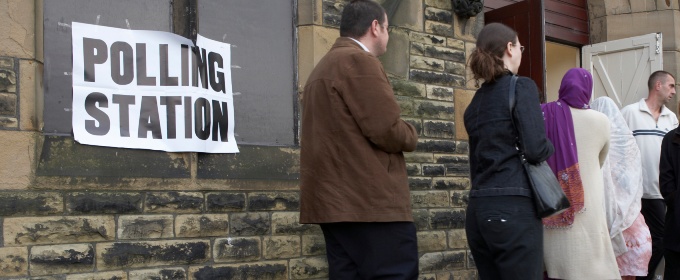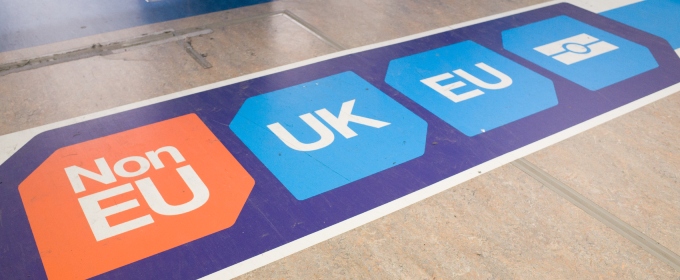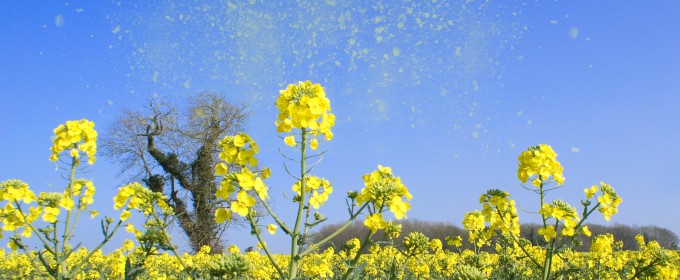COVID-19 has seen an increased vulnerability to cyber crime. In this blog, originally from our On Digital Trust publication, Professor Emma Barrett, Professor Danny Dresner, and Dr David Buil-Gil outline why victims of cyber crime need greater protection, including a raft of ‘CPR’ measures designed to help them recover quickly. Cyber crimes cost billions of […]









